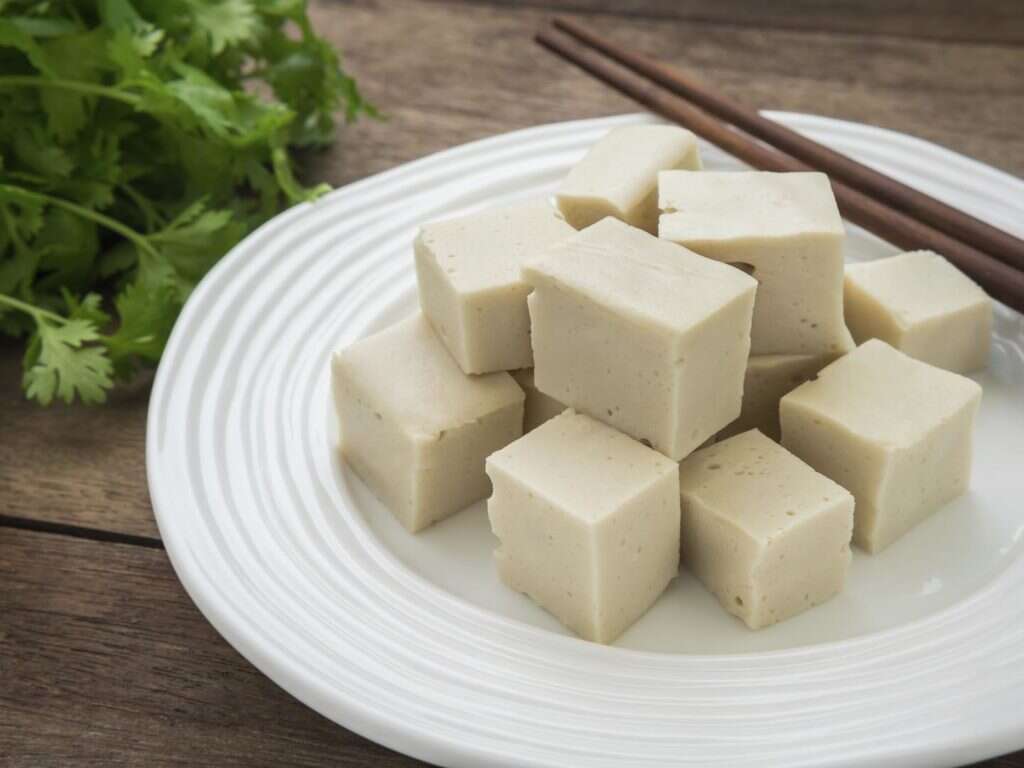Foods That Are High In Polyunsaturated Fats

Foods High in Polyunsaturated Fats
What are Polyunsaturated Fats?
Polyunsaturated fats are one of the three types of dietary fat which are found in food. They are also known as “good” fats due to their health benefits in reducing cholesterol levels and providing energy for the body. This type of fat is found in many plant-based foods such as nuts, seeds, vegetable oils and some seafood. They are beneficial for the body and should be included in the diet, although in moderation.
Benefits of Polyunsaturated Fats
Polyunsaturated fats are essential to the body to help it function properly. They provide the body with energy and help reduce the risk of heart disease. They can also aid in weight loss, as they help the body to store and burn fat more efficiently. Furthermore, they may help reduce inflammation, which can be beneficial to those suffering from arthritis and other inflammatory conditions.
Foods High in Polyunsaturated Fats
Nuts and seeds are a good source of polyunsaturated fats, particularly walnuts, sunflower seeds and flaxseeds. These are also good sources of other essential nutrients such as protein, vitamin E and dietary fibre. Oily fish such as salmon, mackerel and sardines are also excellent sources of polyunsaturated fats, as are certain vegetable oils such as canola, corn and sunflower oil. Avocados are also a great source of polyunsaturated fats as well as other nutrients such as fibre, potassium and vitamin E.
How Much Polyunsaturated Fat Should I Eat?
The exact amount of polyunsaturated fat you should eat each day will depend on your age, gender and activity level. On average, it is recommended to get around 10-15% of your daily calories from polyunsaturated fats. That equates to around 20-30g of polyunsaturated fat per day. It is important to remember that all fats, even those that are considered ‘good’, should still be eaten in moderation.
Tips for Eating Polyunsaturated Fats
Choosing healthy sources of polyunsaturated fats is key to reaping the health benefits they offer. It is important to choose foods that are low in saturated fat and sodium, such as nuts, seeds, fish and vegetable oils. Avoid processed foods such as chips and biscuits, which are high in saturated fat. It is also important to remember that not all fats are created equal and some may contain more saturated fat than polyunsaturated.
Summary
Polyunsaturated fats are essential for the body to function properly. They provide energy and help reduce the risk of heart disease. Including polyunsaturated fats in the diet is beneficial, although in moderation. Good sources of polyunsaturated fats include nuts, seeds, vegetable oils and some seafood. It is recommended to get around 10-15% of your daily calories from polyunsaturated fats, which equates to around 20-30g per day. Be sure to choose healthy sources of polyunsaturated fats and avoid those high in saturated fat.
Polyunsaturated Fat: 10 Foods High in Polyunsaturated Fat

Polyunsaturated Fat: 10 Foods High in Polyunsaturated Fat
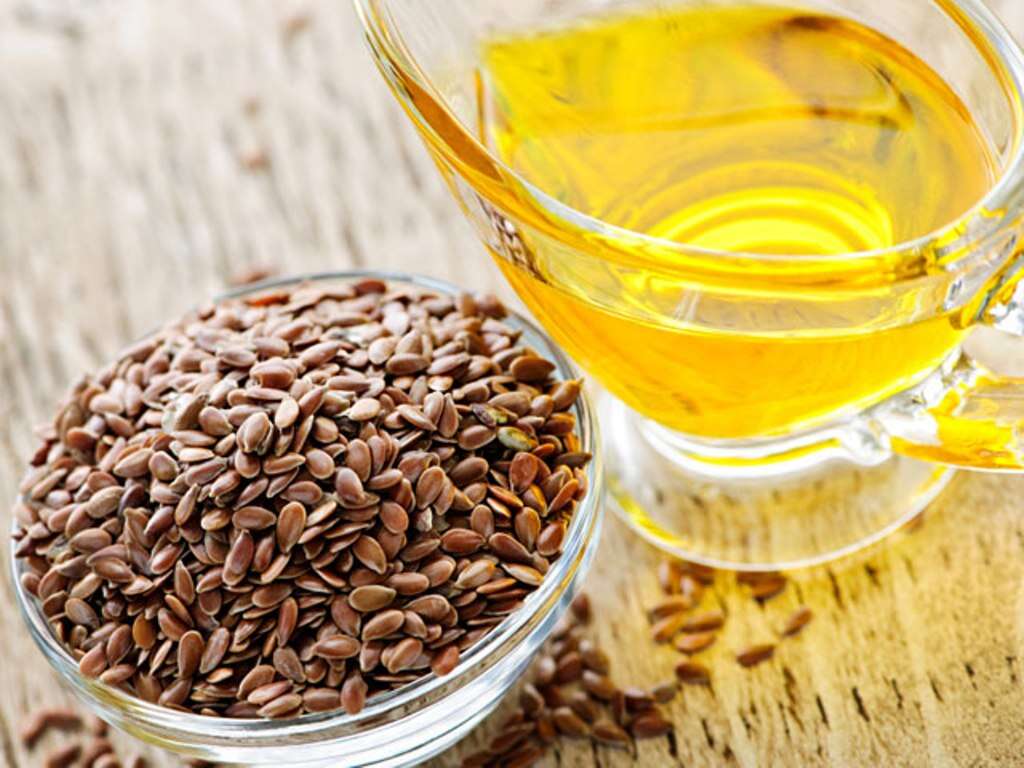
Polyunsaturated Fat: 10 Foods High in Polyunsaturated Fat

Polyunsaturated Fat: 10 Foods High in Polyunsaturated Fat
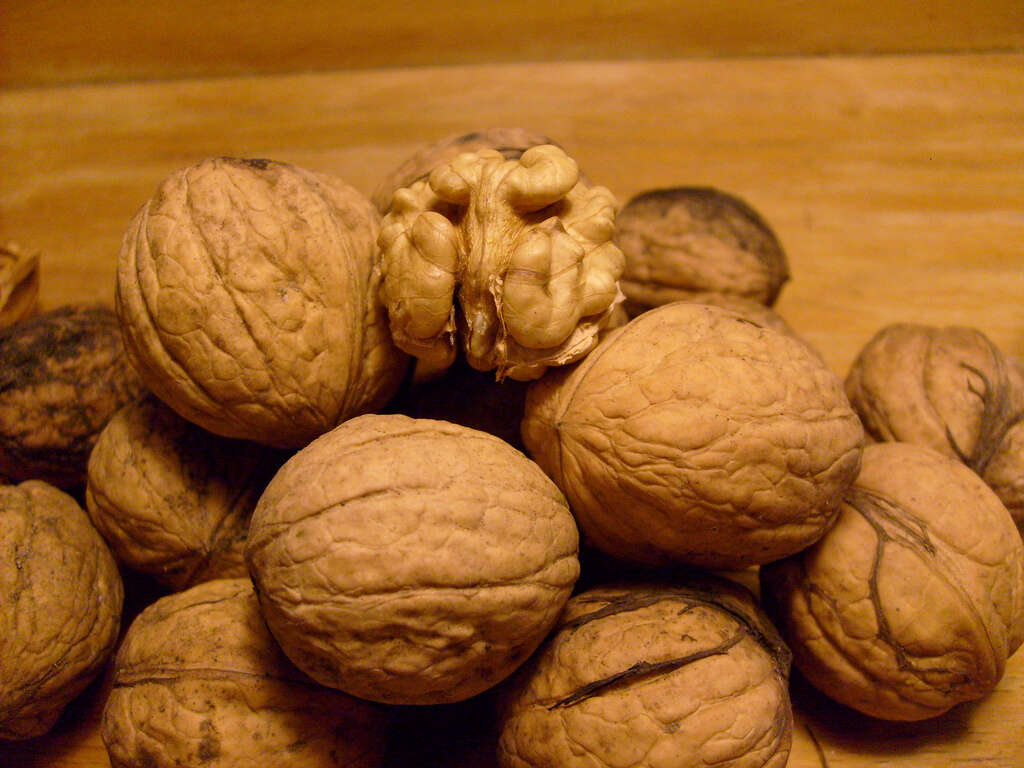
Polyunsaturated Fat: 10 Foods High in Polyunsaturated Fat
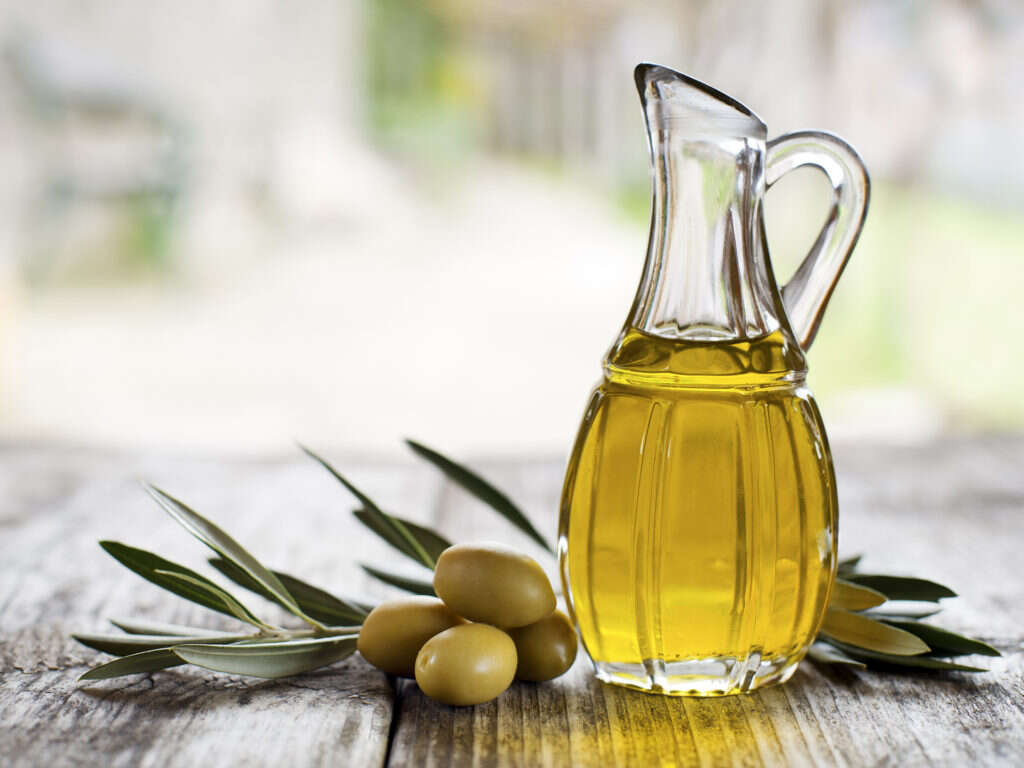
Polyunsaturated Fat: 10 Foods High in Polyunsaturated Fat

Polyunsaturated fats : Functions,Deficiency Symptoms ,Vegan Foods

Polyunsaturated Fatty Acid Intake Linked to Patient-Reported SLE

PolyUnsaturated Fats (Omega 3s and Omega 6s) Effects on the Body
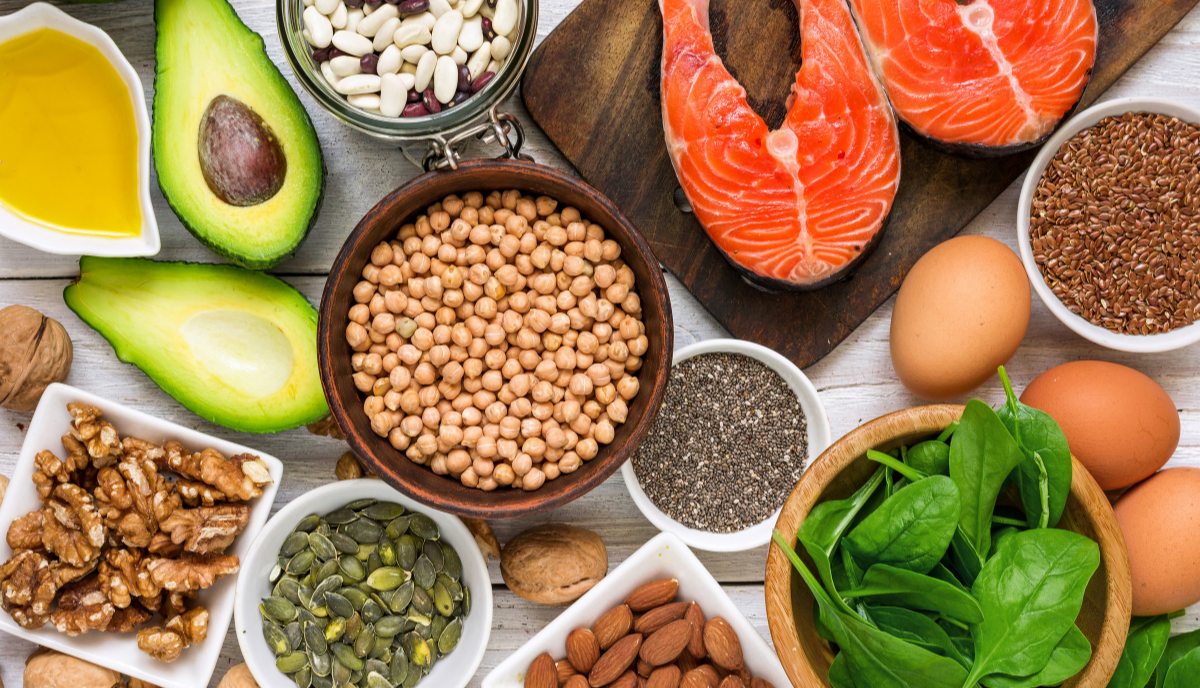
Polyunsaturated Fat: 10 Foods High in Polyunsaturated Fat
